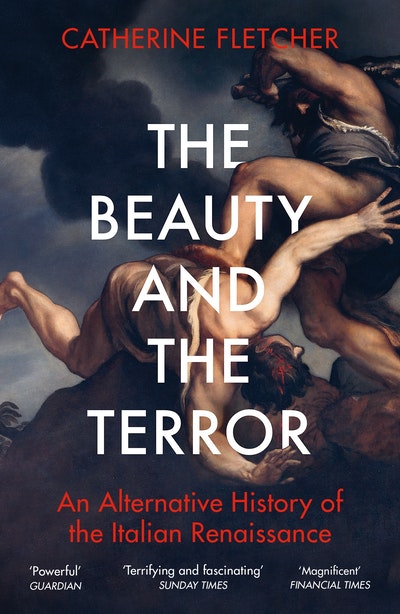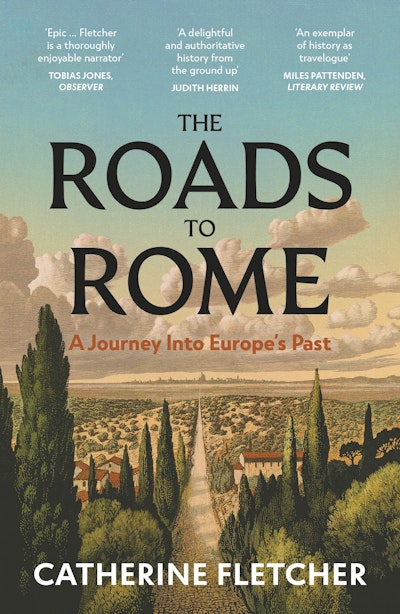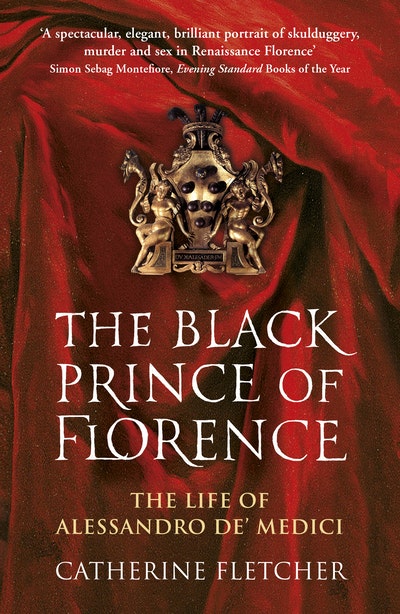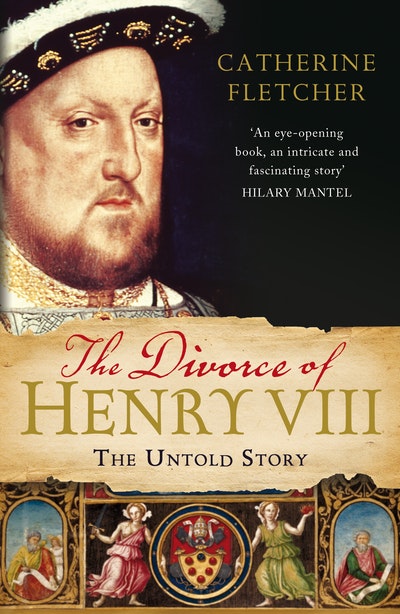The Beauty and the Terror
An Alternative History of the Italian Renaissance
- Published: 5 March 2020
- ISBN: 9781473553156
- Imprint: Vintage Digital
- Format: EBook
- Pages: 432
Catherine Fletcher’s eye for the skewering detail makes the citizens of renaissance Florence live again
Hilary Mantel, on The Black Prince of Florence
Astonishing … gripping and original … a compelling portrait
Financial Times on The Black Prince of Florence
Packed with intrigue … Fletcher describes with cool menace the plotting and politicking … rought splendidly to life in this excellent book
Dan Jones, Sunday Times on The Black Prince of Florence
Brilliant and gripping, here is the full true Renaissance in a history of compelling originality and freshness, revealing the filth and thuggery, slavery, sex, slaughter and skulduggery behind the exquisite art of Leonardo and Michelangelo
SIMON SEBAG MONTEFIORE, author of Jerusalem and The Romanovs
A wonderfully dark, gritty, hard-edged tour behind the scenes of the Italian Renaissance. Catherine Fletcher is an expert and eloquent guide through the fire, blood and steel that inspired some of the greatest art in the world
JESSIE CHILDS, author of God’s Traitors
Leading us into the world of the high Italian Renaissance in all its rich, blood-soaked glory, Catherine Fletcher shows us how the violent energies of war gave birth to some of the greatest art ever seen. Devastating in its detail, The Beauty and the Terror is a powerful, intimate and deeply humane portrait of this age of extreme destruction and exceptional creativity
THOMAS PENN, author of Winter King and Brothers York
Impressive and lucid … Fletcher’s narration excels in such colourful details … a scholarly, but vivid history that shows the impact that the machinations of the great, good and not so good had on the insignificant … a persuasive account of how Italy was brought low even as the culture floated high
Michael Prodger, The Times
Terrifying and fascinating ... If you thought the Renaissance was all about beautiful pictures and the ‘rediscovery’ of Classical writing, you are quite wrong … The Beauty and the Terror dismantles our assumptions about the Renaissance with the precision of a wheellock arquebus … an ambitious, multifocal book, encompassing more than 150 years [that] shine[s] a light on figures often forgotten in conventional histories
Mary Wellesley, Sunday Times
An approach that enables her to touch on many aspects of this complex time … Above all, it is the women who interest Fletcher, whether painters, poets, politicians or prostitutes … an absorbing read
Mary Hollingsworth, Literary Review
Richly well-informed and admirably well-written, containing material of real interest on every page ... has added a wealth of information that will be new to most of us
Noel Malcolm, Sunday Telegraph
Fletcher’s expertise is enviable … she knows better than anyone else just how treacherous a time and place it was. At its best, The Beauty and the Terror is as enlightening as you might hope: a chapter tracing early modern ambivalence about the rise of handguns … is exactly the alternative history you might wish for, as are the sections on slavery, sexual mores and pornography
Tim Smith-Laing, Daily Telegraph
A story of alliances, betrayals, sacks, sieges, famines, assassinations and gruesomely ingenious tortures … Fletcher navigates this difficult terrain with great skill. She creates atmosphere and drama without any surrendering of clarity... A powerful book
Charles Nicholl, Guardian
[A] magnificent introduction to the history of the era … Fletcher’s book covers not just the wars and Renaissance art but also Italy’s political systems, courtly ceremonies, the Protestant Reformation and Catholic renewal, anti-Semitism, European colonialism, slavery, military technologies, early efforts at gun control, women’s poetry and even pornography … Fletcher shows how digging below the artistic and commercial riches of Renaissance Italy can reveal strong connections between culture, business, religion and violence
Financial Times
A finely-written, engaging and clear essay… The force of Fletcher’s narrative is not so much in offering a radical new evaluation of Italian Renaissance civilisation as in insisting that we see it as a cluster of cultural strategies and techniques within an exceptionally turbulent political milieu
Rowan Williams, New Statesman







